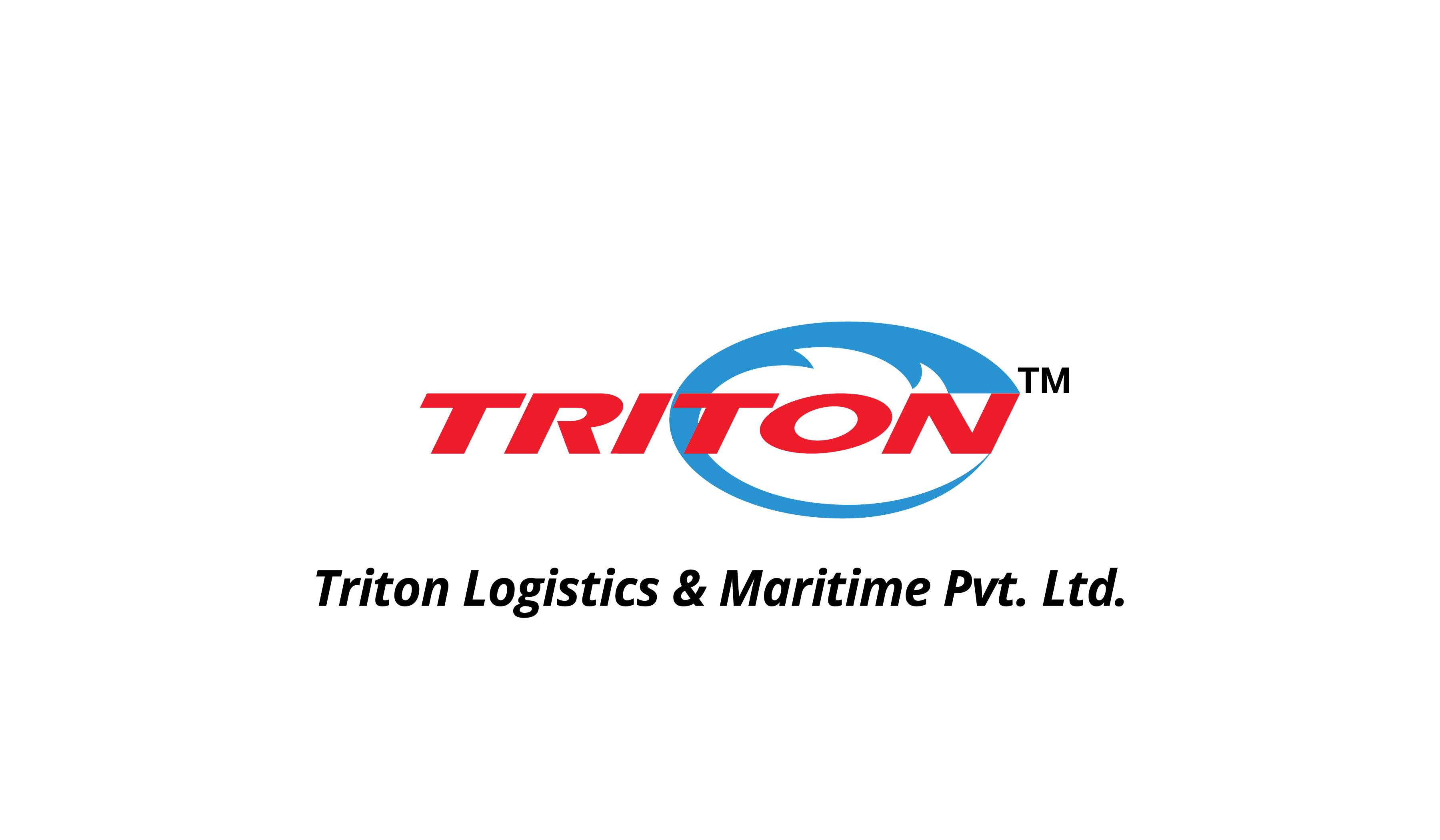Sustainability is changing the way fashion operates. As the demand for Green Fashion grows, brands are under mounting pressure from consumers, investors, and regulatory bodies to adopt ethical and sustainable practices throughout their supply chains. For apparel brands, aligning sustainability with profitability is essential. Distribution logistics plays a central yet often overlooked role in achieving this balance. Efficient, transparent, and sustainable distribution can help brands protect margins while advancing purpose.
What’s the Real Cost of Sustainable Fashion?
Ethical sourcing and production often raise costs. Sustainable materials such as organic cotton, recycled fibers, and low-impact dyes typically cost more than conventional options. This is due to certifications, labour standards, and environmentally friendly processes. For example, sustainable textiles can cost up to 20 percent more than their traditional counterparts. Ethical labor practices and compliance add further expenses. These factors cause challenges for brands concerned about protecting profitability.
However, the ethical fashion market continues to grow rapidly. According to Research and Markets, the market is valued at $9.48 billion in 2025 and is projected to reach $13.32 billion by 2029, driven by rising consumer demand for responsible products and reflecting a compound annual growth rate (CAGR) of 8.9%. This growth signals a market opportunity for brands that can effectively combine purpose with profit.
Can Smart Logistics Planning Really Cut Costs and Emissions?
Logistics is a key lever to offset higher sourcing costs. Smart logistics planning uses data, technology, and analytics to optimize routes, consolidate shipments, and improve timing. These practices reduce fuel consumption and carbon emissions while lowering operational expenses. Studies show logistics improvements can lower distribution costs by up to 15 percent through better inventory management, reduced delays, and increased load efficiency. In addition, optimizing transport lowers emissions, supporting sustainability goals. For example, multimodal transport mixes faster air freight with slower, greener sea or rail options to balance speed with eco-friendliness.

How Does Multimodal Freight Make Distribution Both Lean and Green?
Multimodal freight integrates multiple transport modes—typically sea, air, and road—under one plan and contract. This flexibility enables fashion brands to tailor shipments based on product urgency, value, and sustainability targets.
Key benefits include:
- Cost optimization by choosing the most efficient combination of transport methods.
- Emissions reduction, since sea freight emits roughly 3 to 4 times less CO2 per ton-kilometer than air freight.
- Resilience, with alternative routes mitigating disruptions like port delays or weather events.
Triton Maritime and Logistics offers specialized multimodal freight services designed to meet these needs for fashion brands. Triton’s expertise enables clients to achieve agility by mixing sea freight and air freight as needed, while also reducing costs and environmental impact. Their technology-backed platform provides transparent tracking and sustainability reporting support.

How Does Triton Logistics Empower Fashion Brands to Deliver on Sustainability and Savings?
Triton Maritime and Logistics is among the top freight forwarders and logistics service companies in India. With over a decade of experience, Triton creates a seamless link between ethical sourcing and cost-effective distribution. Triton understands the pressures of fast-moving inventory, seasonal demand and the need for environmental accountability.
Multimodal freight is central to Triton’s strategy. By combining air, sea, and road transport under a single plan, Triton enables brands to balance speed and cost while reducing emissions. High-value or time-sensitive products can be shipped by air, while less urgent inventory moves by sea. This flexibility enables brands to optimize logistics according to product needs, avoiding one-size-fits-all decisions.
Here’s how Triton’s multimodal approach works for fashion brands:
| Mode | When It’s Used | Benefits |
| Air Freight | Urgent, high-value, seasonal launches | Fast delivery, inventory agility, reduced stockouts |
| Sea Freight | Bulk inventory, low-urgency replenishments | Lower cost per unit, lower emissions, efficient for volume |
| Ground Logistics | First-mile and last-mile connectivity across regions | Cost control, reliable inland movement |
| Integrated Planning | All modes combined under one logistics contract | Simplifies coordination, improves visibility, reduces risk |
Triton logistics service also includes demand forecasting, route optimization, and shipment consolidation. These practices reduce fuel usage, improve load efficiency, and help brands avoid the costs of expedited or last-minute shipping. The result is a distribution model that supports both margin protection and emissions reduction.
Is It Possible for Purpose and Profit to Coexist in Fashion Distribution?
Yes, when logistics is approached as a strategic function rather than an operational task. For fashion brands, balancing sustainability with efficiency depends on visibility, responsiveness, and well-coordinated execution across the supply chain.
This is where Triton’s integrated logistics model offers value. Designed for the fashion and lifestyle sector, Triton helps brands streamline operations without compromising their sustainability goals.
Through its Cargo Wise-enabled platform, Triton provides:
- Real-time tracking across multimodal freight
- Proactive alerts to manage disruptions
- Sustainability performance data to support ESG reporting
- A unified digital platform for better decision-making
In addition to freight services, Triton offers:
- Customs clearance expertise
- Fashion-focused warehousing and distribution
- Value-added services like labeling and packaging
- Support for ethically sourced goods with traceability controls
With this approach, Triton enables fashion brands to align purpose with profit through smarter, more sustainable distribution.

Turning Sustainable Intentions into Real-World Value
For fashion brands, sustainability extends beyond materials and manufacturing. It also depends on how efficiently and responsibly products move through the supply chain. Effective logistics transforms sustainability goals into practical, measurable results.
With Triton, sustainability becomes part of a smarter distribution strategy. We help fashion brands align logistics with sustainability goals. With multimodal planning, data-driven visibility, and industry expertise, brands gain control over their supply chains to cut emissions, reduce costs, and meet rising expectations for responsible practices.
Profit and purpose can move in the same direction when you partner up with Triton Maritime and Logistics. Connect with us to build a supply chain that supports both.



